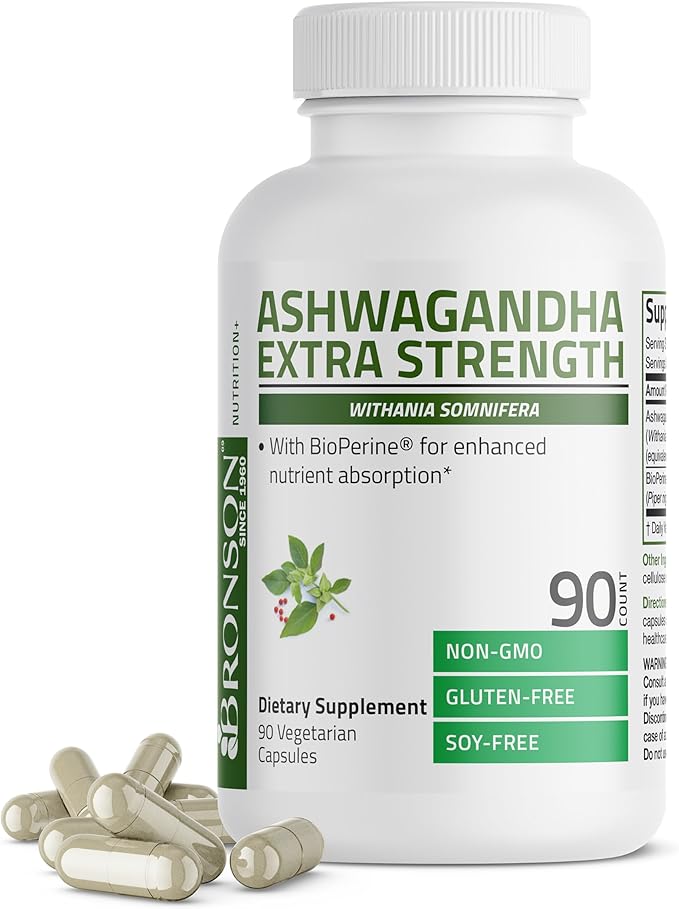Can you take Alpha Linolenic Acid and Bifidobacteria together?
Interaction Details
Taking Alpha Linolenic Acid and Bifidobacteria together has the potential for good synergy, suggesting a rating of 4 out of 5.
The combination of Alpha Linolenic Acid (ALA), an omega-3 fatty acid found in plant-based foods, and Bifidobacteria, a probiotic strain beneficial for gut health, may exhibit a synergistic effect by enhancing the overall gut health and immune system function. ALA can help reduce inflammation in the body, which can be further supported by Bifidobacteria's role in promoting a healthy gut microbiome. A healthier gut microbiome can lead to better absorption of nutrients, including ALA, and may also contribute to a reduction in systemic inflammation. Furthermore, Bifidobacteria can help in improving the gut barrier function, which might be positively influenced by the anti-inflammatory effects of ALA, potentially leading to enhanced immune system support and overall health benefits.
Potential Benefits
Potential Risks
Related Studies
Alpha Linolenic Acid
Alpha-Linolenic Acid (ALA) is an omega-3 fatty acid found in plant-based foods such as flaxseeds and walnuts. It is considered an essential fatty acid because the human body cannot produce it on its own.
Some benefits of ALA include supporting heart health and reducing inflammation.
Bifidobacteria
Bifidobacteria is a type of probiotic bacteria that is naturally found in the human gut, particularly in the large intestine. It plays a crucial role in maintaining a healthy gut microbiome.
